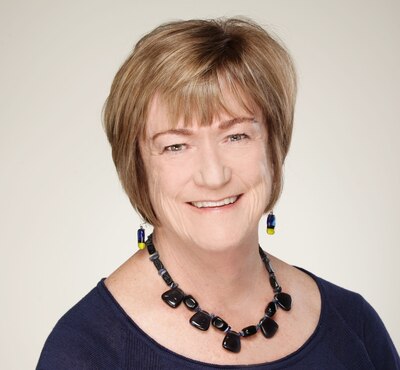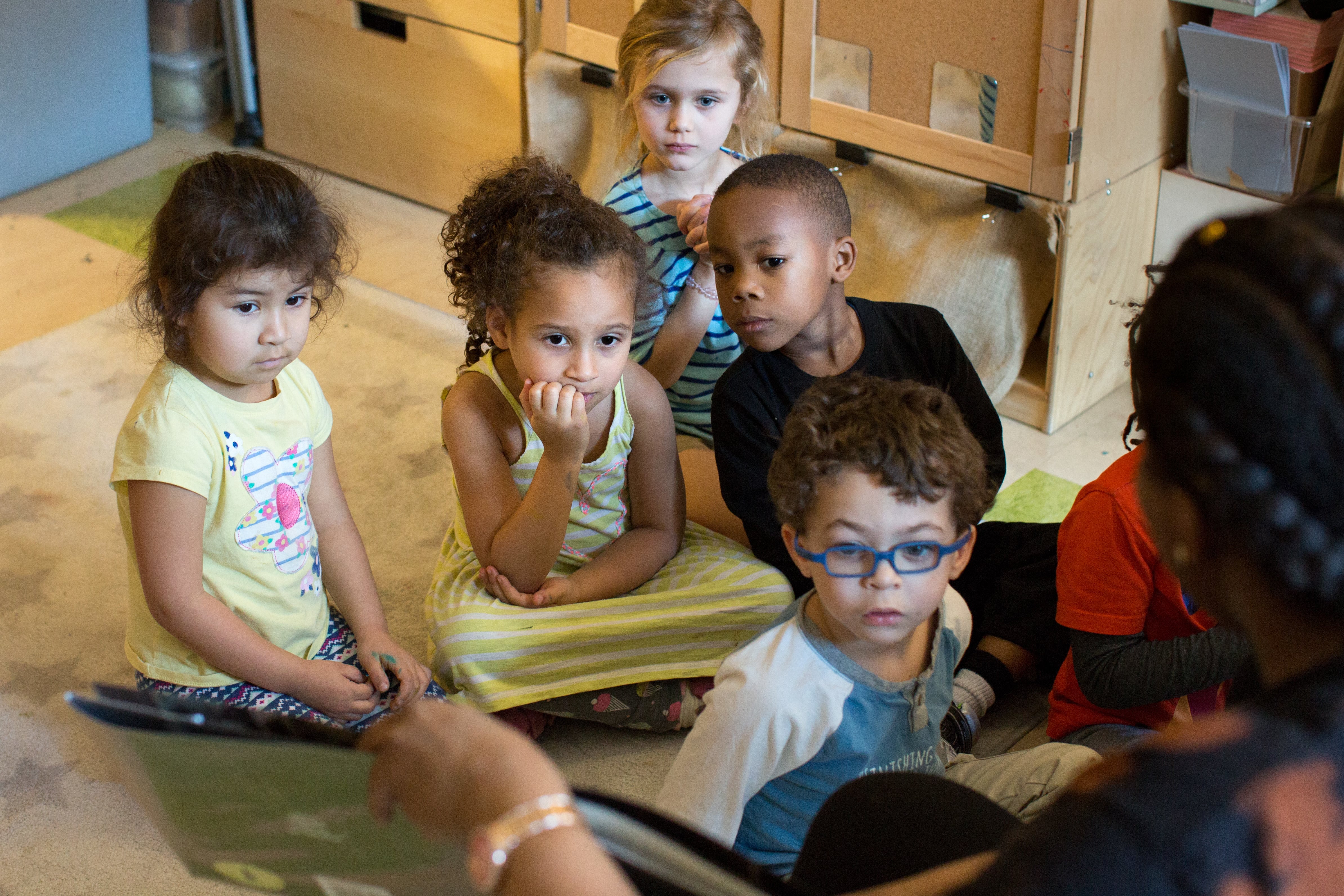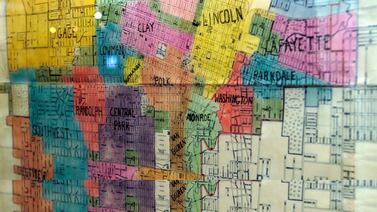Economically disadvantaged children who attended Tennessee’s public pre-K program a decade ago are still faring worse in school than their peers who didn’t participate, according to the latest findings from an ongoing study.
And the students’ challenges by the end of sixth grade are even more comprehensive and pronounced than the troubling trends identified after finishing third grade. Long term, the students logged slightly poorer academic achievement and higher numbers of disciplinary infractions and special education referrals, the study shows.
“The whole package of outcomes we have found is disconcerting,” wrote researchers from Vanderbilt University’s Peabody College of Education and Human Development.
The results, published this month, fly in the face — again — of conventional wisdom about the power of pre-K. Other research and data suggest such programs help students, especially in low-income communities.
For example, a recent study in Boston found participants in the city’s program were more likely to graduate from high school. And Head Start, the large-scale federal preschool program, has been shown to yield benefits including high school completion and health outcomes. However, a 2010 Head Start study also identified issues with pre-K benefits fading over time.
“Possibly the problem in Tennessee is not with pre-K, but with K-6 and how it treats children who went to pre-K,” said Steven Barnett, senior co-director of the National Institute for Early Education Research at Rutgers University. “No one knows what went wrong in Tennessee, and that is a real problem.”
Tennessee has made significant changes to improve the quality of its Voluntary Pre-K program since the study’s cohort of students attended pre-K in 2009 and 2010.
But the study’s lead author, Dale Farran, said her team’s jarring findings should jumpstart conversations about whether early child care and education are headed in the right direction in the United States. She’d like to see other states replicate Vanderbilt’s studies to gauge the effectiveness of their pre-K programs, as well as more research into best policies and practices.
Tennessee is among about half of states that share oversight of public pre-K programs with local school districts. Farran said these programs steer toward an academic framework that focuses on basic skills like knowing letters and numbers instead of on child development strategies such as exploring learning through interaction and lots of outdoor play. There’s too much focus on group instruction and rigid behavioral controls, according to Farran. Even discussion during “story time” is generally limited to questions with a single “right” answer, instead of engaging children to think more deeply.
“There are people pushing to make pre-K a grade below kindergarten,” said Farran, a research professor of early childhood education. “Our data show that’s not likely to have good results for children.”
The multi-year study is the nation’s only thorough, ongoing investigation into the impacts of a statewide pre-K program for economically disadvantaged children using a random sample, which lessens the likelihood of bias.
The first findings, published in 2015, shook the early education community in Tennessee and across the nation. Researchers found that early benefits of participating in Tennessee’s program faded by the end of kindergarten. By the end of the third grade, the impact was slightly negative.
At the time, the authors cautioned against cutting pre-K funding pending further examination. The problems, they said, could lie with the program’s quality, or with uneven or mediocre schooling from kindergarten through the third grade.
The latest research tracked 2,990 children from the first study through the sixth grade. Half had attended the state’s pre-K program, the other half applied but didn’t land a spot. A third of the second group ended up in other learning environments such as federal Head Start classrooms, private pre-school, or a combination of the two.
By the end of sixth grade, the state pre-K cohort fared worse than the non-pre-K group, both academically and behaviorally.
Tennessee’s Voluntary Pre-K launched in 2005 after the state piloted 30 pre-school classes. Today, the program serves 18,500 4-year-olds in 925 classrooms. That represents about a fifth of the state’s 4-year-old population, and most districts have a waiting list to enroll in the 5½-hour, five-day-a-week program.
The first round of research, led by Vanderbilt’s Farran and Mark Lipsey, contributed to passage of a 2016 Tennessee law designed to raise pre-K quality. Among other things, districts must now use research-based curricula in their classrooms and provide teachers with coaching and other professional development.
Tennessee also requires that each pre-K classroom be capped at 20 students and staffed by a state-licensed teacher endorsed for early childhood education. The teachers are paid at public school teacher rates, and each room must also have an educational assistant.
“We know that quality is crucial,” said Blair Taylor, president and CEO of Tennesseans for Quality Early Education, which continues to lobby for improvements.
The advances have garnered notice. Last year, Tennessee was one of 12 states judged to meet nine of 10 quality benchmarks for pre-K effectiveness, according to the most recent preschool report from the National Institute for Early Education Research.
Of the 43 states that fund pre-K programs, Tennessee is considered above average in quality and arguably ranks in today’s top tier, according to the Vanderbilt report.
But Farran, who is a developmental psychologist and has observed hundreds of pre-K classrooms, believes Tennessee and much of the rest of the nation are falling significantly short on early child care and education.
The big question is why.
“It’s an issue that the country needs to come to grips with,” she told Chalkbeat. “I think the fundamental problem is we don’t need school for 4-year-olds. A lot of higher-income families don’t choose these kinds of academically rigorous programs for their children. They choose programs that involve exploration, or being outdoors. Why is it that we think poor children need more academic instruction?”

Pre-K advocates are well-intentioned, she continued. “But because our child care system is so fragmented and in such poor shape, people search for some magic bullet, like pre-K being in the public schools. That may be simpler to advocate for, but it just puts off the hard work we really need to be doing,” she said.
Barnett, with the National Institute for Early Education Research, disagrees and calls Farran’s diagnosis “purely speculative.”
He believes the issue is not about academic rigor but about having a coherent approach for helping 4-year-olds develop. Too many children in pre-K spend too much time “waiting to do something or in aimless activities.”
The biggest red flag for Tennessee, Barnett said, is that pre-K is funded at only about half the amount that his organization estimates is needed for quality pre-K. The state spends about $85 million annually and hasn’t increased its investment since 2007 — a concern that early education advocates are raising as Gov. Bill Lee considers overhauling the state’s education funding formula and the state maps strategies to help students catch up during the pandemic.
“Funding is not everything, but funding matters when we’re looking to strengthen our quality,” said Taylor, of the state’s early education coalition.
Parent Reva Schoenherr said she’s not seeing problems — only improvement — in her son since he entered pre-K in September at an elementary school in Lenoir City, near Knoxville.
“Without a doubt, Ezra has blossomed in every aspect, but especially with language skills. His speech was significantly behind after being at home pretty much all the time during the pandemic,” she said.
Schoenherr is convinced that Ezra will benefit from his pre-K experience this fall when he starts kindergarten, but also for years to come.
“Now he talks all the time. He tells me about his day. He’s making friends and he’s learned a lot about how to regulate his emotions,” she said. “Those are life skills.”
Chalkbeat reporters Ann Schimke and Matt Barnum contributed to this report.








